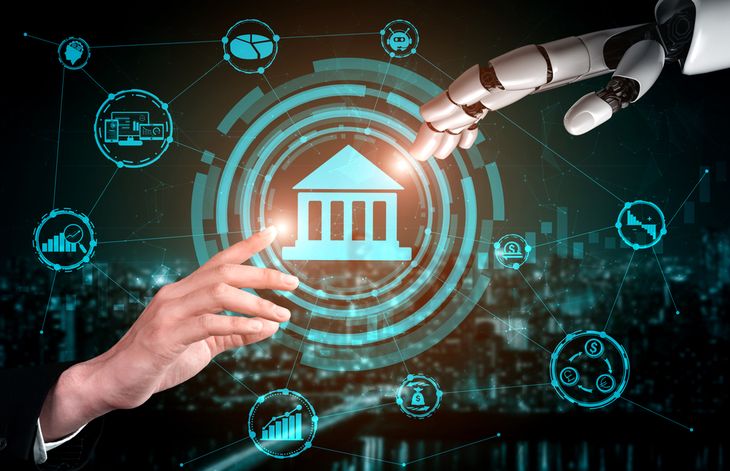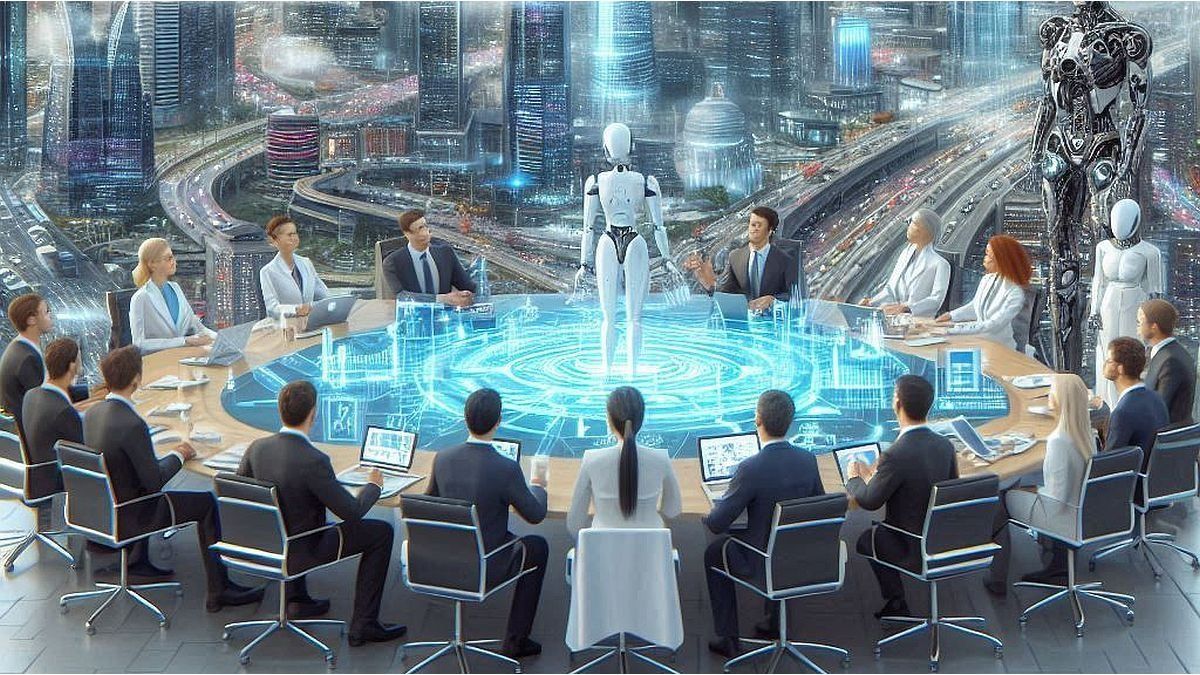Hybrid labor market, greater integration in the business world, advances in regulations are some of the factors analyzed by the North American bank.
In the last two years, the artificial intelligence (AI) experienced great growth, especially in its generative aspect, and everything indicates that its expansion will continue in 2025. In this context, the financial giant Goldman Sachs presented its 5 predictions for AI in 2025, based on the analysis of Marco Argenti, the company’s chief information officer. According to Argenti, the potential of generative AI is “taking shape.”
The content you want to access is exclusive to subscribers.
Goldman Sachs predictions:


-
The new hybrid workforce: Argenti foresees that the AI systems will become more similar to humans and that, by 2025, human resources will evolve towards a hybrid model in which humans and machines work together. Companies will begin hiring and training “AI workers” who will be part of mixed teamscollaborating with human employees.
-
Expert AI: The Goldman Sachs executive anticipates the emergence of “AI of PhDs”. Companies will begin to integrate AI with their own data, leading to expert AI systems, specialized models in areas such as medicine, robotics, finance and materials science, with more advanced and sector-specific knowledge.
-
AI-powered robotic advancements: Argenti points out that, just as Children learn to walk before reading, Robotics will bring AI to the physical world, allowing us to develop reasoning capabilities. AI models will be trained not only with textual data, but also by direct interaction with the world, driving significant advances in robotics.
AI and banks

Artificial intelligence will be increasingly integrated into companies
-
Local regulation of AI: As the world awaits global regulatory guidelines, Goldman Sachs stresses that companies will begin to implement responsible AI principles, both internally and externally. The focus will be more towards national, state or sectoral regulations, lor that will allow companies to see the benefits of adopting appropriate controls in their AI systems.
-
Consolidation of large AI models: In the report, Goldman Sachs compares AI development to the automotive sector, where few manufacturers produce the most advanced engines. Similarly, the high cost and complexity of training and maintaining large AI models will lead to vendor concentration, just as it has with cloud infrastructure, databases and operating systems.. The number of companies that develop these advanced models will be reduced, which will consolidate the market.
These predictions underscore the promising future of artificial intelligence, with applications ranging from collaborative work to advanced robotics and greater sector specialization.
Source: Ambito
I am a 24-year-old writer and journalist who has been working in the news industry for the past two years. I write primarily about market news, so if you’re looking for insights into what’s going on in the stock market or economic indicators, you’ve come to the right place. I also dabble in writing articles on lifestyle trends and pop culture news.




